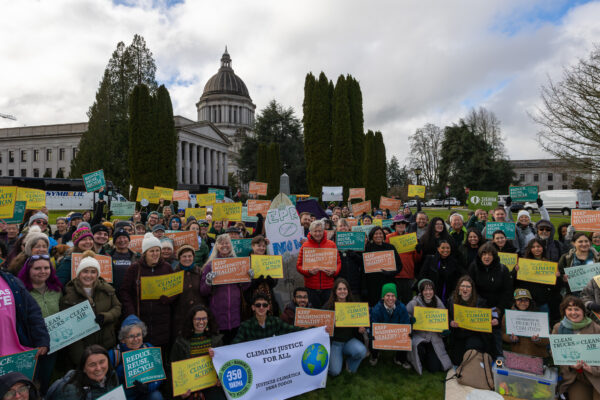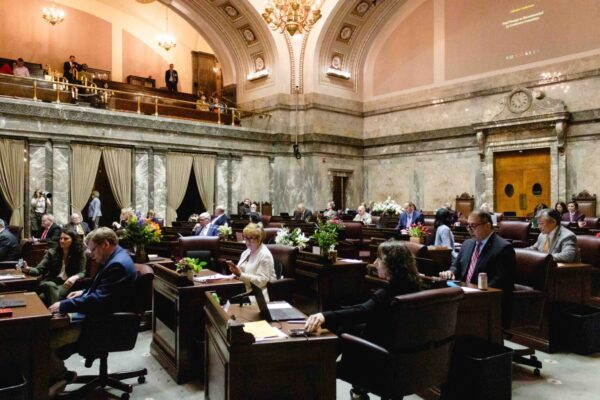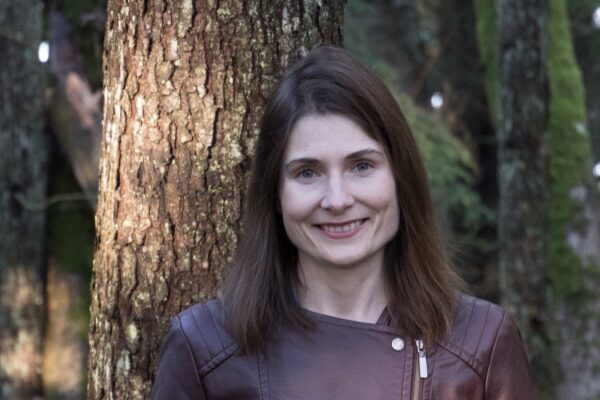“Strong and successful implementation of these permits offers a chance to make real progress in protecting the health of Puget Sound,” said Chris Wilke, executive director of Puget Soundkeeper Alliance. “We are cautiously optimistic. While there are some areas of concern and some missed opportunities, on the whole we believe that this will be a step forward for Puget Sound.”
The final version of the permit requires the use of green infrastructure: engineered solutions that slow down and filter polluted runoff by mimicking the filtration provided by natural systems, usually at lower cost than traditional infrastructure. Green infrastructure has been broadly recognized as the most effective way to prevent new development from adding to the existing stormwater runoff problem, and is more cost-effective than conventional engineered solutions. People For Puget Sound and Puget Soundkeeper Alliance, represented by Earthjustice, challenged the previous stormwater permit for its failure to require these approaches. In 2008, the state Pollution Control Hearings Board issued a landmark decision requiring that Ecology require green infrastructure in its permit regulating cities and counties around Puget Sound. Today’s permit represents Ecology’s long-awaited response to that ruling.
As part of the implementation process of the permit, the Department of Ecology is developing a training program for local governments on low impact development. This program is funded through the state budget, Ecology anticipates providing this training for the next five years.
The permit also includes advances in regional monitoring of stormwater pollution, watershed planning and removes a major loophole in the previous permit that exempted all but the largest projects from regulation.
“This permit is a real opportunity for Puget Sound—but only if it is faithfully implemented by cities and counties in partnership with Ecology and the public,” said Bruce Wishart, speaking for People For Puget Sound. “It’s a chance to use proven, commonsense building techniques on a much more comprehensive scale than has been tried in the past. We will be watching closely and working with the permittees to ensure that the most protective and effective approaches are used throughout the region.”
“The final version of this permit reflects input from a variety of stakeholder groups,” said Kerri Cechovic, campaign director for Washington Environmental Council. “We look forward to working with cities and other stakeholders to implement solutions that enhance water quality and quality of life for Puget Sound residents.”
Polluted stormwater runoff is recognized as the single largest source of toxic pollution entering Puget Sound, and plays a major role in destroying salmon runs, closing shellfish beds and swimming beaches and contributing to sewage overflows. Ecology has worked for more than four years with science and policy advisory groups on the revision of the municipal stormwater permits.



